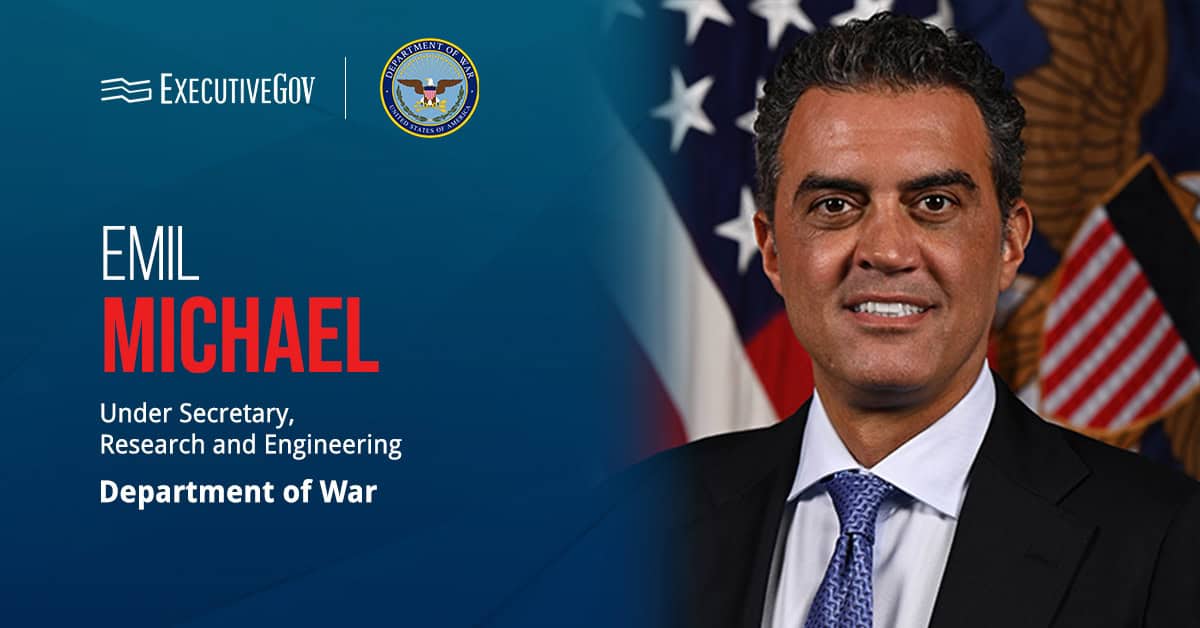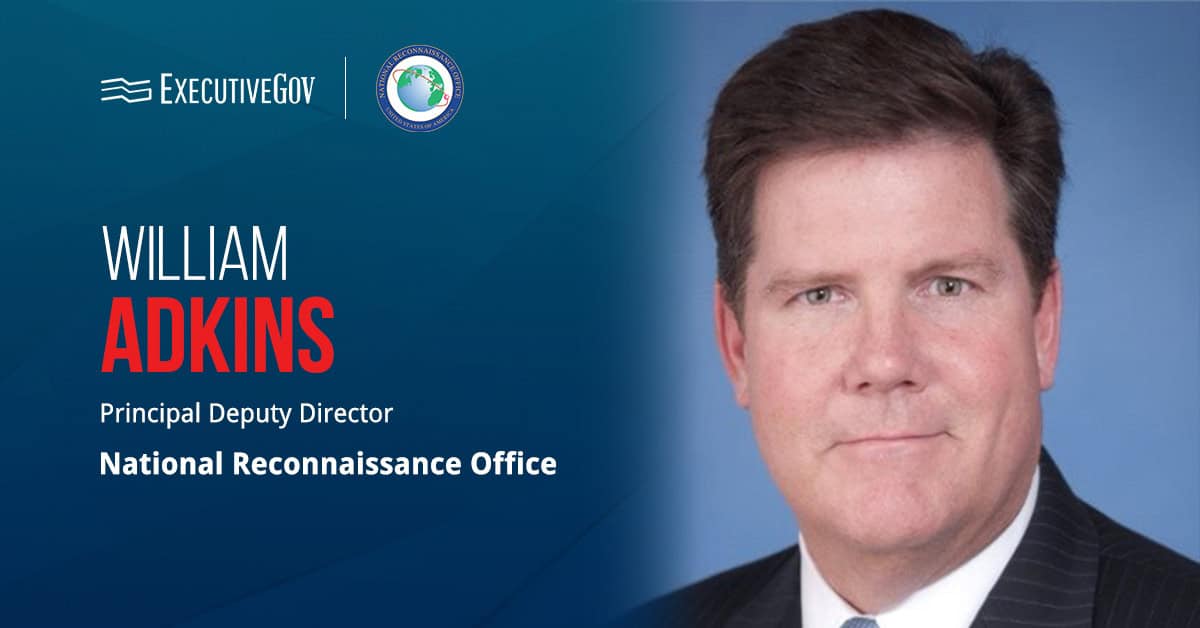
Jenna Dix, former technology transfer agreements administrator for the Naval Surface Warfare Center Crane Division, has been appointed to lead the T2 efforts in a new office within NSWC Crane. She will strategically manage intellectual resources and connect with industry and academia as T2 director of NSWC Crane’s Office of Research and Technology Applications, Naval Sea Systems Command said Monday.
Dix’s new role will continue her efforts to help NSWC Crane commercialize Navy-developed technologies and support small businesses. Previously, she served as NSWC Crane’s T2 agreements administrator for four years and supported the service branch’s Small Arms program over a decade-long tenure.
The experienced T2 leader is a recipient of the Federal Laboratory Consortium for Technology Transfer’s National Rookie of the Year Award.





